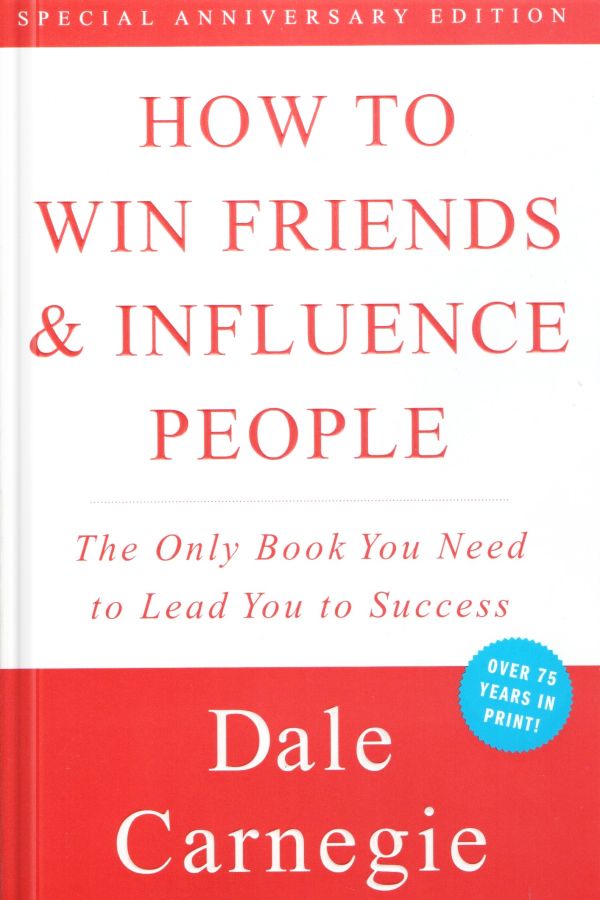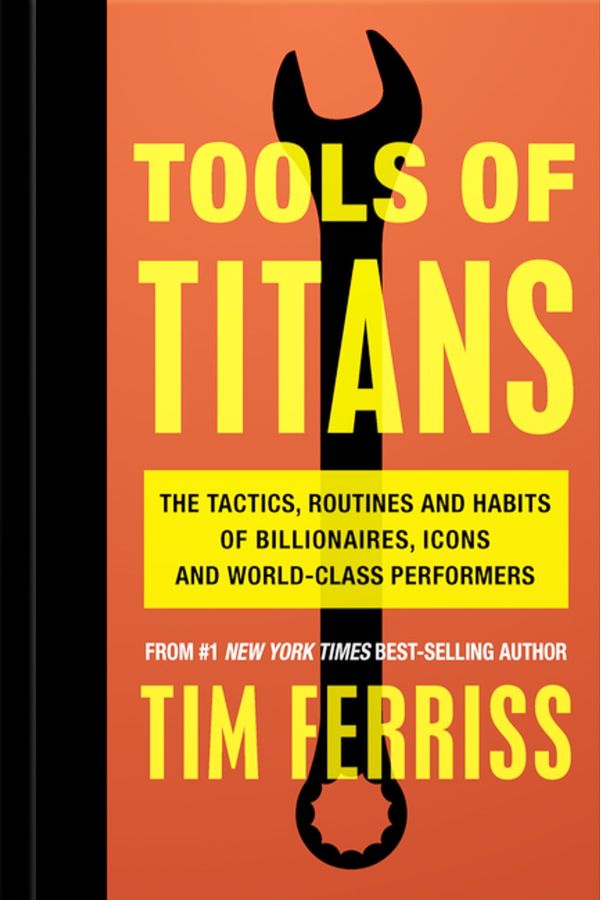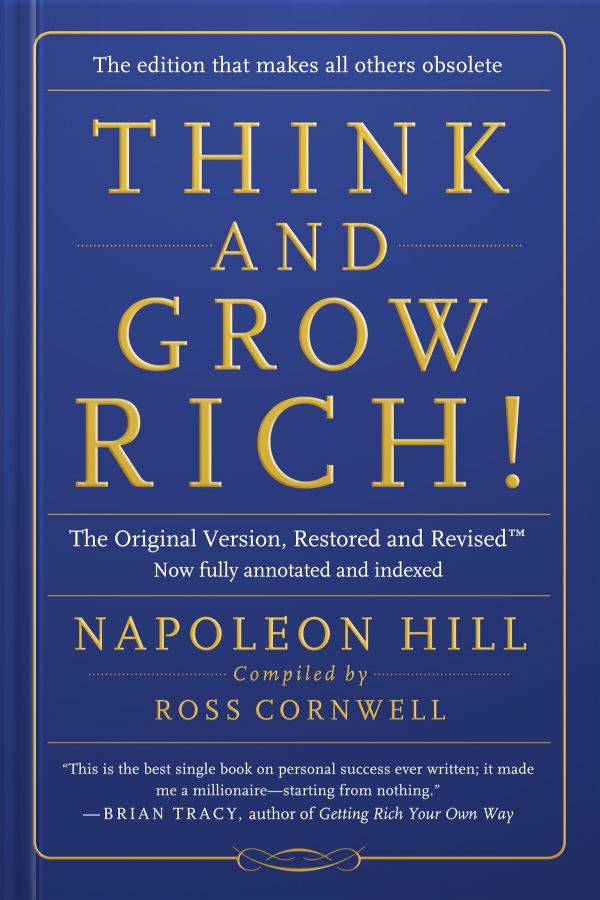
Business
How to Win Friends & Influence People by Dale Carnegie
**1—Don't Criticize, Condemn, or Complain
To initiate our journey through Carnegie's wisdom, it is essential to grasp the potency of kindness and empathy. As Carnegie urges, shun criticism, condemnations, and complaints.
Instead, adopt a considerate stance towards other's feelings.
“A person’s name is to that person, the sweetest and most important sound in any language.”
2—Foster Genuine Interest in People
The second lesson to glean is that sincere interest in others reaps benefits. Carnegie declares:
“You can make more friends in two months by being genuinely interested in other people than you can in two years by trying to get them interested in you.”
Be present, listen attentively and ask questions about their experiences. Genuine curiosity will foster stronger relationships and mutual respect.
3—Harness the Power of Smiling
Never underestimate the power of a warm smile.
A genuine smile can break the ice, lighten a heavy mood, and make you instantly likeable. It’s a simple gesture that radiates positivity. Carnegie puts it well:
“Actions speak louder than words, and a smile says, ‘I like you. You make me happy. I am glad to see you.’"
4—Promote Self-Expression in Others
Encourage others to talk about themselves, a sure-fire way to make them feel valued. As Carnegie insightfully remarks:
“Everyone likes to talk about themselves.”
This practice has a scientific basis – talking about oneself releases feel-good hormones similar to dopamine.
Be the conversation partner who promotes this positivity.
5—Engage with Other's Interests
Discussing others' interests is an effective way to create rapport and respect.
Be the person who is curious about what others love, their passions, their hobbies, their dreams. Carnegie reminds us;
“To be interesting, be interested.”
6—Sidestep Arguments
Prevention is better than cure, particularly in the realm of arguments. Carnegie aptly notes:
“The only way to get the best of an argument is to avoid it.”
Sidestepping arguments can preserve relationships and maintain influence.
7—Inspire Action through Questions
Leadership isn't about giving orders, it's about inspiring others to action. The key, according to Carnegie, is to pose questions that lead to the desired outcome. Instead of saying, “Please finish this report by Monday,” you might ask, “Can we have this report ready by Monday?”
8—Acknowledge Personal Mistakes Before Critiquing Others
We're all human, and we all make mistakes.
Carnegie suggests that openly discussing your own errors before pointing out those of others creates an atmosphere of empathy and understanding.
As he eloquently puts it:
“Admitting one's own mistakes—even when one hasn't corrected them—can help convince somebody to change his behavior.”
9—Preserve the Dignity of Others
A considerate person allows others to save face, even when they've made a mistake.
Before leaping to judgment, allow them to explain themselves. Carnegie sagely advises:
“Let the other man save his face.”
10—The Secret to Success
Finally, Carnegie's 'secret to success' is understanding and respecting others' perspectives. He asserts:
“If there is any one secret of success, it lies in the ability to get the other person’s point of view and see things from that person’s angle as well as from your own.”

































